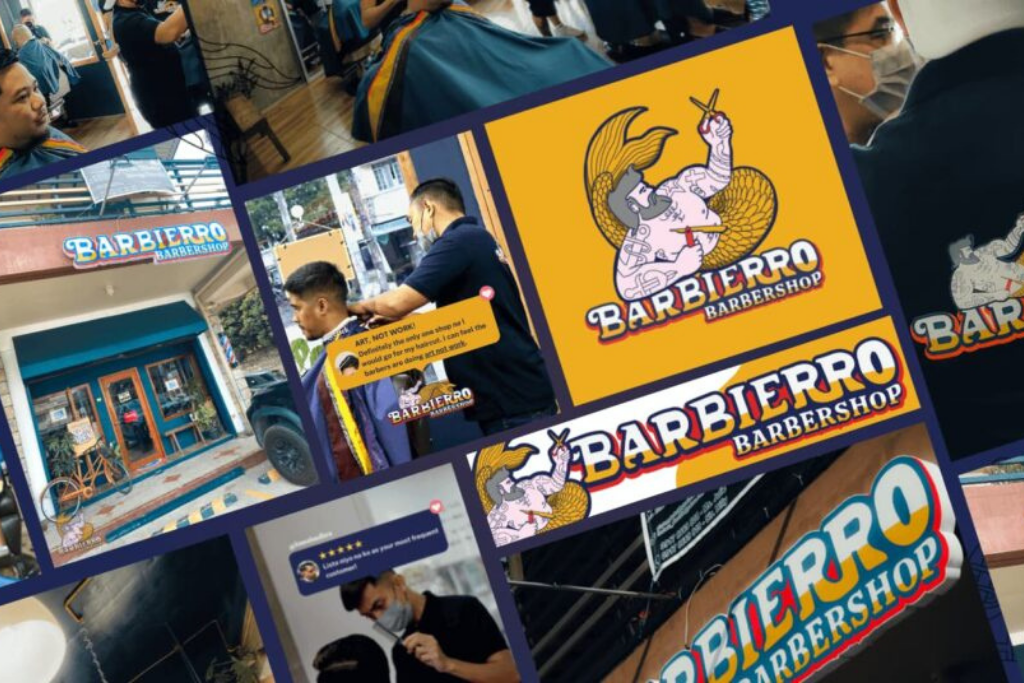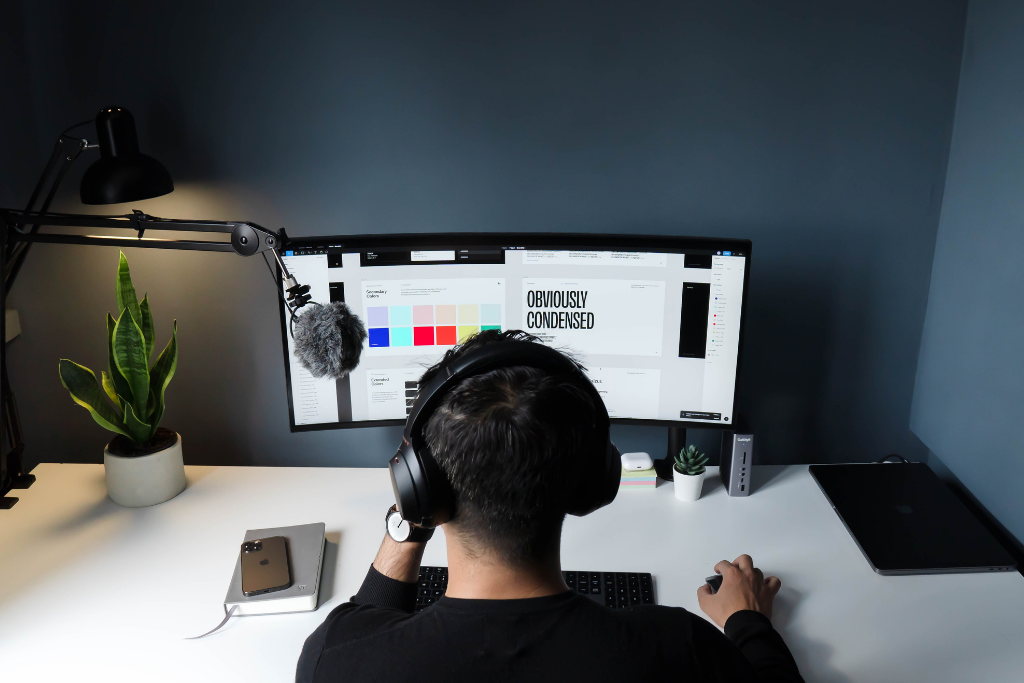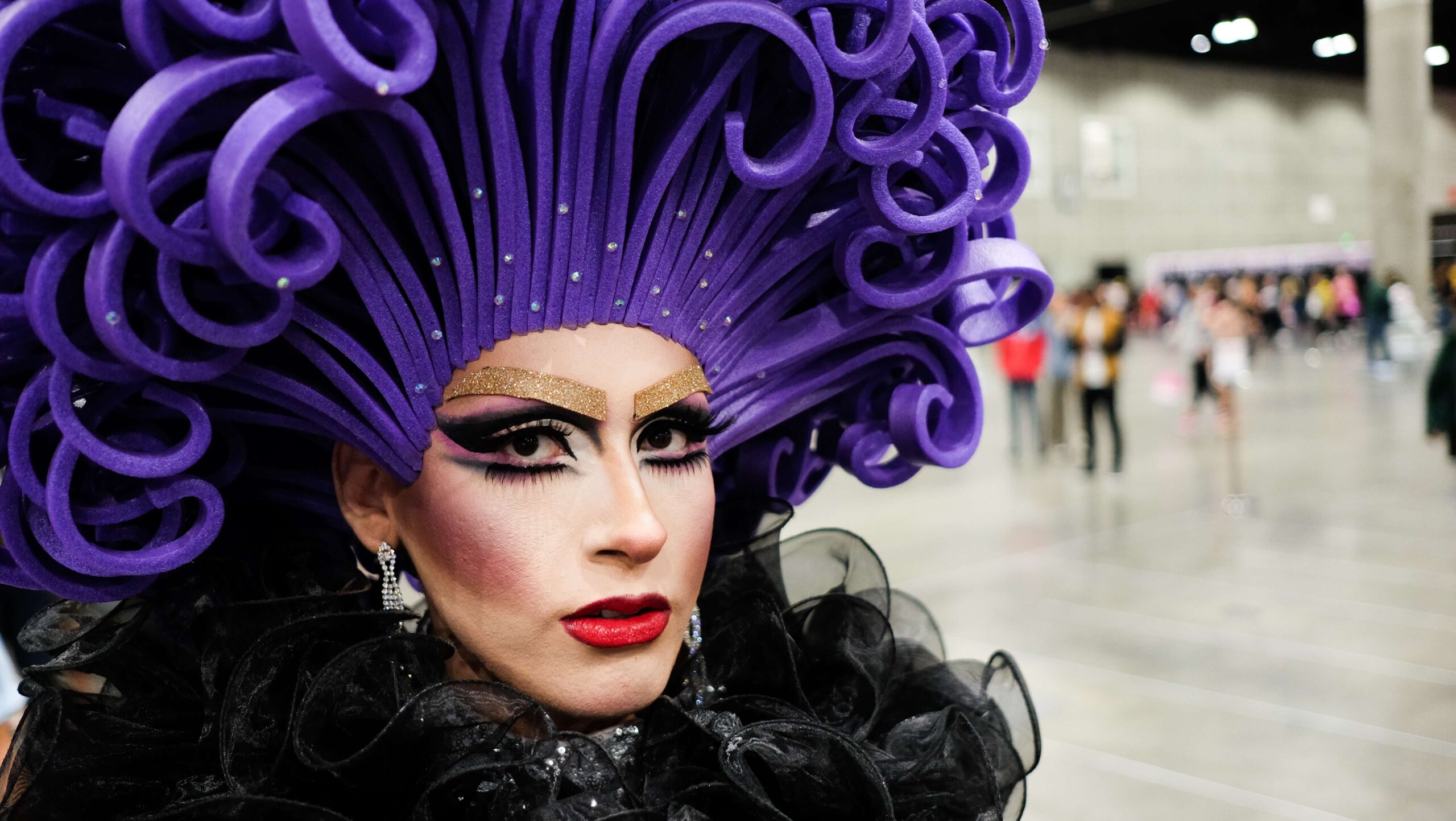In an era of approachable luxury where luxury brands pander to mass markets on their way up the social strata, gold standards are defined by notions of exclusivity, mystique and rarity. It’s when craftsmanship and excellence are evergreen house codes, but is excellence always so exclusive?
At the launch of the Pride Seal Of Excellence certification program on May 8, 2024 (5:00 PM, Philippine Stock Exchange) hosted by the Philippine LGBT Chamber of Commerce and Center for International Private Enterprise (CIPE), we debunk the notions of standards as merely exclusionary.
The standard for excellence? That organizations—big or small—walk the talk and heed the call for inclusion.
What's the challenge?
Discrimination persists across various sectors of Philippine society despite efforts to promote equality. This includes discrimination based on factors such as gender, religion, ethnicity, and socioeconomic status. In the workplace, for instance, discrimination may manifest in hiring practices, promotion opportunities, and workplace culture. Additionally, marginalized groups such as indigenous peoples, persons with disabilities, and the LGBTQ+ community often face systemic discrimination in access to education, healthcare, and other essential services.
1. Discrimination still happens
Discrimination persists across various sectors of Philippine society despite efforts to promote equality. This includes discrimination based on factors such as gender, religion, ethnicity, and socioeconomic status. In the workplace, for instance, discrimination may manifest in hiring practices, promotion opportunities, and workplace culture. Additionally, marginalized groups such as indigenous peoples, persons with disabilities, and the LGBTQ+ community often face systemic discrimination in access to education, healthcare, and other essential services.
2. Some companies support anti-LGBT campaigns and politicians:
Unfortunately, there are instances where certain companies in the Philippines align themselves with anti-LGBT campaigns or politicians. This support can take various forms, including financial contributions, lobbying efforts, or public endorsements. Such actions not only perpetuate discrimination but also undermine efforts towards creating inclusive workplaces and communities. Companies that engage in or support anti-LGBT activities risk alienating employees, customers, and stakeholders who value diversity and equality.
3. Individual companies pursue DEI on an adhoc basis:
While diversity, equity, and inclusion (DEI) initiatives are increasingly recognized as essential components of corporate responsibility, their implementation in the Philippines often lacks consistency and sustainability. Many companies adopt DEI practices on an ad hoc basis, driven by short-term goals or external pressures rather than a genuine commitment to fostering a diverse and inclusive work environment. As a result, these efforts may lack the necessary resources, leadership support, and accountability mechanisms to effect meaningful and lasting change.
4. PLCC's Corporate SOGIE Diversity and Equality Index 2018 findings:
The Philippine LGBT Chamber of Commerce (PLCC) conducted a landmark research study called the Corporate SOGIE Diversity and Equality Index in 2018. This study revealed that only 17% of companies in Corporate Philippines are inclusive, meaning they actively promote and support diversity and equality for individuals of all sexual orientations, gender identities, and expressions (SOGIE). This finding underscores the need for concerted efforts from both the public and private sectors to address systemic barriers to inclusion and create more welcoming environments for all employees, regardless of their SOGIE. The index serves as a critical tool for benchmarking progress and driving meaningful change towards greater diversity and equality in the workplace.
PLCC believes that an essential step in developing an inclusive business environment is having a minimum set of SOGIE-based standards
PRISE or the Pride Seal of Excellence stands as Asia’s first, pioneering association-driven SOGIE-based DEI certification system, pioneering inclusivity in all businesses, irrespective of size or ownership—be it small, medium, or large enterprises, Filipino or foreign-owned, and spanning every industry and sector across the Philippines, from bustling cities to rural towns.
Just as we uphold rigorous standards for goods and services — from Halal and Kosher certification to ISO compliances and professional licensing — it’s imperative that we elevate our commitment to human-centric standards within businesses.
It’s time to prioritize standards that champion the well-being and inclusivity of the LGBT+ community, ensuring that our workplaces reflect not just quality products, but also equality and dignity for all individuals.
Love this? Share with friends!








